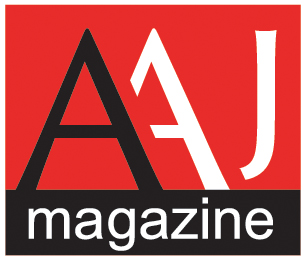Do you have breakfast?
You can only get so far with the low-fuel light on in your car. Just like your car requires at least half-a-tank to go somewhere far, your body needs enough food fuel in the morning to get you going! Studies have shown that as people get older, skipping breakfast has become more common; especially among women, for weight loss or maintenance purposes.
However, it is common that when meals are skipped, more calories are consumed later on in the day. It is also shown that individuals that skip breakfast have an overall lower intake of important minerals like calcium, iron, and fiber.
For individuals that have breakfast every morning, the quality of breakfast is also important! High-fat breakfasts – like sausage, bacon, cheese, and fried eggs can increase the risk of heart related diseases (like atherosclerosis).These breakfast items can also be considerably high in salt which can lead to increased blood pressure. Alternatively, choosing a well-balanced breakfast delivers energy to your body slowly, which means you feel full longer and get the nutrients you need. Eating a well-balanced breakfast also allows adults to focus and concentrate better so be sure to pair your cha/coffee with some healthy breakfast options!
So what does a balanced breakfast even look like? It can be as simple as a fruit and vegetable smoothie. This idea especially works for those on-the-go.
Other ideas include:
- Whole-grain options of toast, bagels, or English muffins with peanut butter and a sliced banana with a glass of low-fat milk
- Whole-grain hot cereal like oats (see recipe below) with fruit and low fat milk (skim, 1%, 2%)
- Low fat plain yogurt topped with fruit and a small oatmeal muffin or half of a large muffin.
- Avocado on whole grain toast with tomato and cheese
If you’re not big on breakfast, choose one or two of the following foods:
- A piece of fruit
- Hard-boiled egg
- ½ whole-grain bagel with cheese or nut butter
- Whole-grain cereal
- Low-fat dairy (milk or yogurt)
- Unsalted nuts
- Fruit and nut bar
Whether you’re a breakfast eater or just trying to be one, balance is key to ensure you get the fuel you need. If breakfast food is not your favorite or you just don’t eat breakfast, start with one food item you know you enjoy and have that. If you’re not a morning person or if you are on a time crunch, you can always prepare your breakfast the night before. Breakfast is the most important meal of the day and it starts with you!
Fraser Health’s South Asian Health Institute (SAHI) is working to raise awareness and educate the community that self- management can be used as a preventative tool to living a healthy lifestyle. Making small changes to your diet can make a huge impact on your health.
